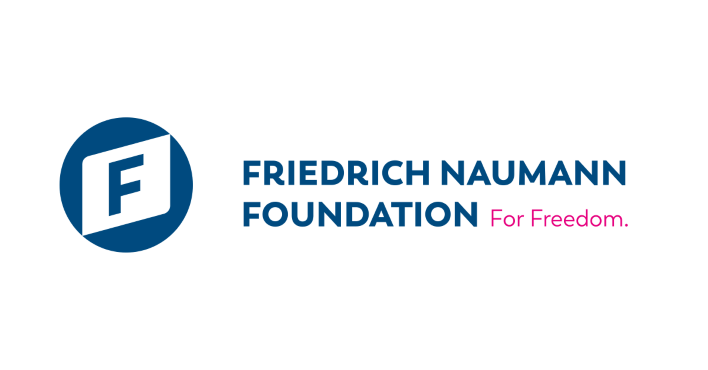Author and affiliation: Mateusz Zadroga, Foundation “Counteracting Disinformation” — FakeNews.pl
Reviewers and affiliation: Magdalena Wilczyńska, TechSoup
Introduction
- Disinformation remained a little-known phenomenon in Poland for many years. Both the political class and the public paid little attention to the problem. Even though it has repeatedly created political sentiment in the country. In 2015, anti-immigrant narratives contributed significantly to Law and Justice (PiS) party gaining power.
- The situation did not change for the following years. Only the COVID-19 pandemic showed how dangerous false information can be. Unfortunately, Polish society has proved little immune to resist false content. Poland remained one of the least vaccinated countries in the EU/EEA. The government’s pro-vaccination policy has proved ineffective. Many of the actions carried out by the authorities baulked at legality. This only accumulated reluctance to comply with sanitary restrictions, and gave fuel to anti-vaccine activists, ultimately resulting in a high COVID-19 mortality rate in Polish society.
- We could also see an increase in disinformation narratives during the women’s strike against stricter abortion laws in the fall of 2020. The Constitutional Tribunal’s ruling made abortion due to foetal abnormality impossible, which in practice meant a near total-ban on abortion. Many manipulated and falsified narratives have been created around this topic, as well as the broad issue of women’s reproductive rights. These were generated primarily by far-right activists and journalists. Despite the largest protests in Poland since 1989, the Constitutional Tribunal’s ruling has remained in effect to this day.
- Russia’s full-scale invasion of Ukraine demonstrated the power of Kremlin propaganda in Poland. Thousands of social media accounts have shifted from anti-vaccine narratives to anti-Ukrainian content. In the first period of the war, however, Polish society proved immune to Russian propaganda. The Kremlin’s aggressive narratives were ineffective, and Poles were willing to support Ukraine and give shelter to refugees. This also resulted in a significant increase in public awareness against disinformation, which, some extent, made Poles more resistant to propaganda. Unfortunately, economic tensions between Poland and Ukraine have caused anti-Ukrainian sentiment to grow again in recent months.
To gain a more accurate understanding of the Polish disinformation landscape, download the factsheet below.
We have more European country factsheets. Curious to discover the others? You can find them here.
The opinions expressed are those of the authors and do not necessarily reflect the position of EU DisinfoLab. This factsheet does not represent an endorsement by EU DisinfoLab of any organisation.
This project is funded by the Friedrich Naumann Foundation for Freedom.



